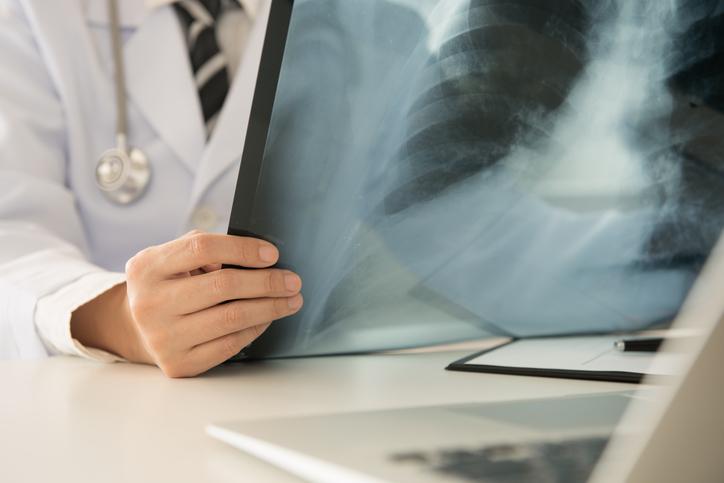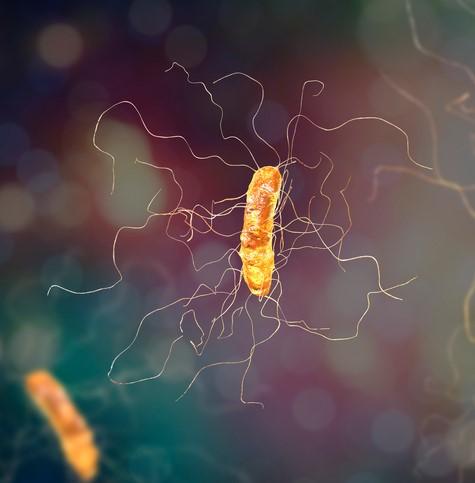
A research letter published today in JAMA Network Open suggests that studies supporting the efficacy of lower doses and shorter courses of antibiotics for children with community-acquired pneumonia (CAP) may be limited by a lack of children that truly have bacterial pneumonia.
Using the same criteria as the CAP-IT trial, which found that a lower dose of amoxicillin in children with CAP was non-inferior to a higher dose and a 3-day duration was non-inferior to 7 days, researchers with Boston Children's Hospital and Harvard Medical School enrolled 507 patients aged 3 months to 6 years who presented with clinical signs of CAP. But unlike the CAP-IT trial, which based inclusion on clinical judgment alone, all children in the study underwent chest radiography to confirm the CAP diagnosis.
Of the 507 children (median age, 2.1 years; 54.8% male), 154 (30.3%) had radiographic pneumonia, 49 (9.7) had equivocal radiographs, and 304 (60%) had no radiographic pneumonia. Among the children without radiographic pneumonia, 252 (82.9%) were discharged without antibiotics. Overall, 245 children (48.3%) who satisfied the inclusion criteria recovered without antibiotics.
"We hypothesize that most antibiotic trials in pediatric CAP include many patients without pneumonia and thus may be underpowered to identify true differences in outcomes for children with bacterial pneumonia," the study authors wrote.
While studies that support reducing the intensity of antibiotic use in children with respiratory illness are important, they add, "widespread use of deintensified antibiotic regimens for all children with pneumonia, particularly those with lobar consolidations, may be premature given the paucity of evidence supporting their efficacy for these populations."
We hypothesize that most antibiotic trials in pediatric CAP include many patients without pneumonia and thus may be underpowered to identify true differences in outcomes for children with bacterial pneumonia.
















